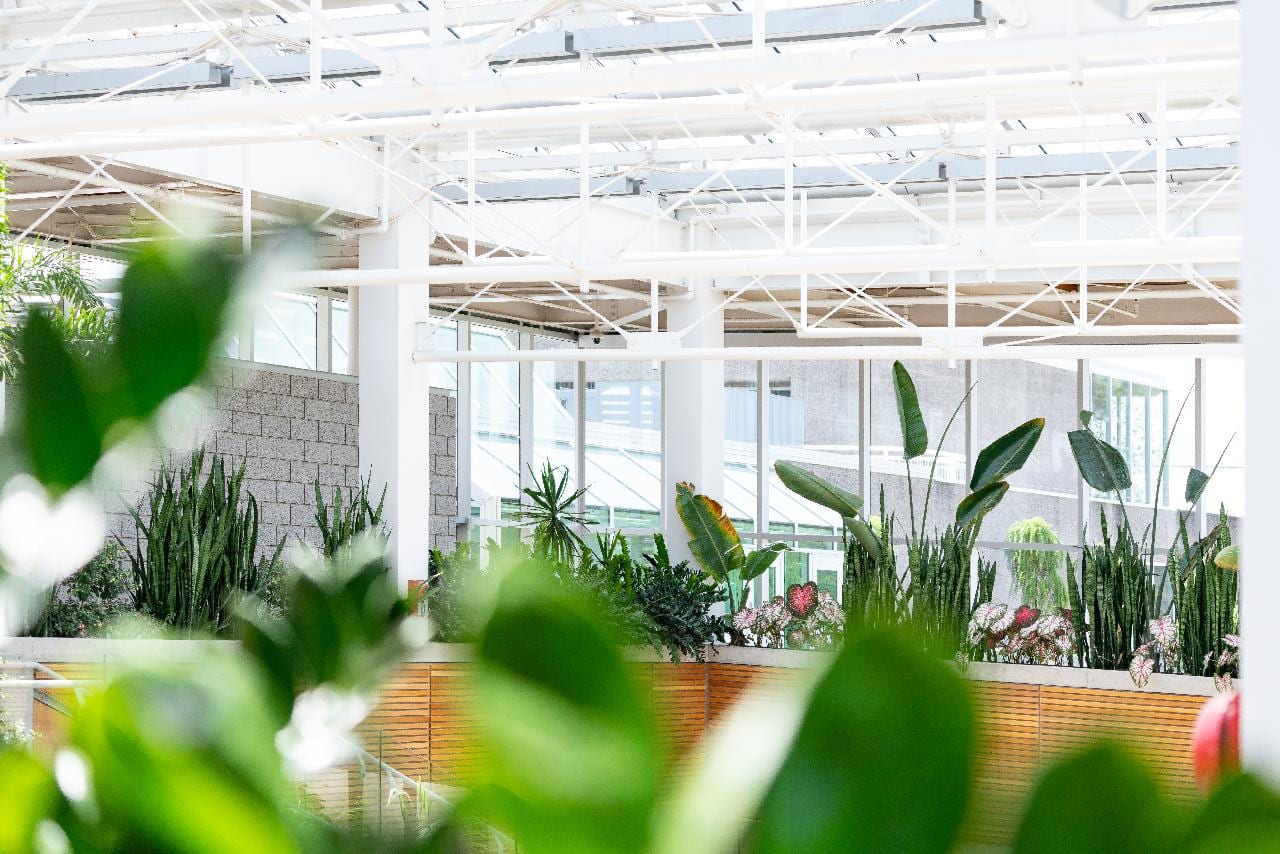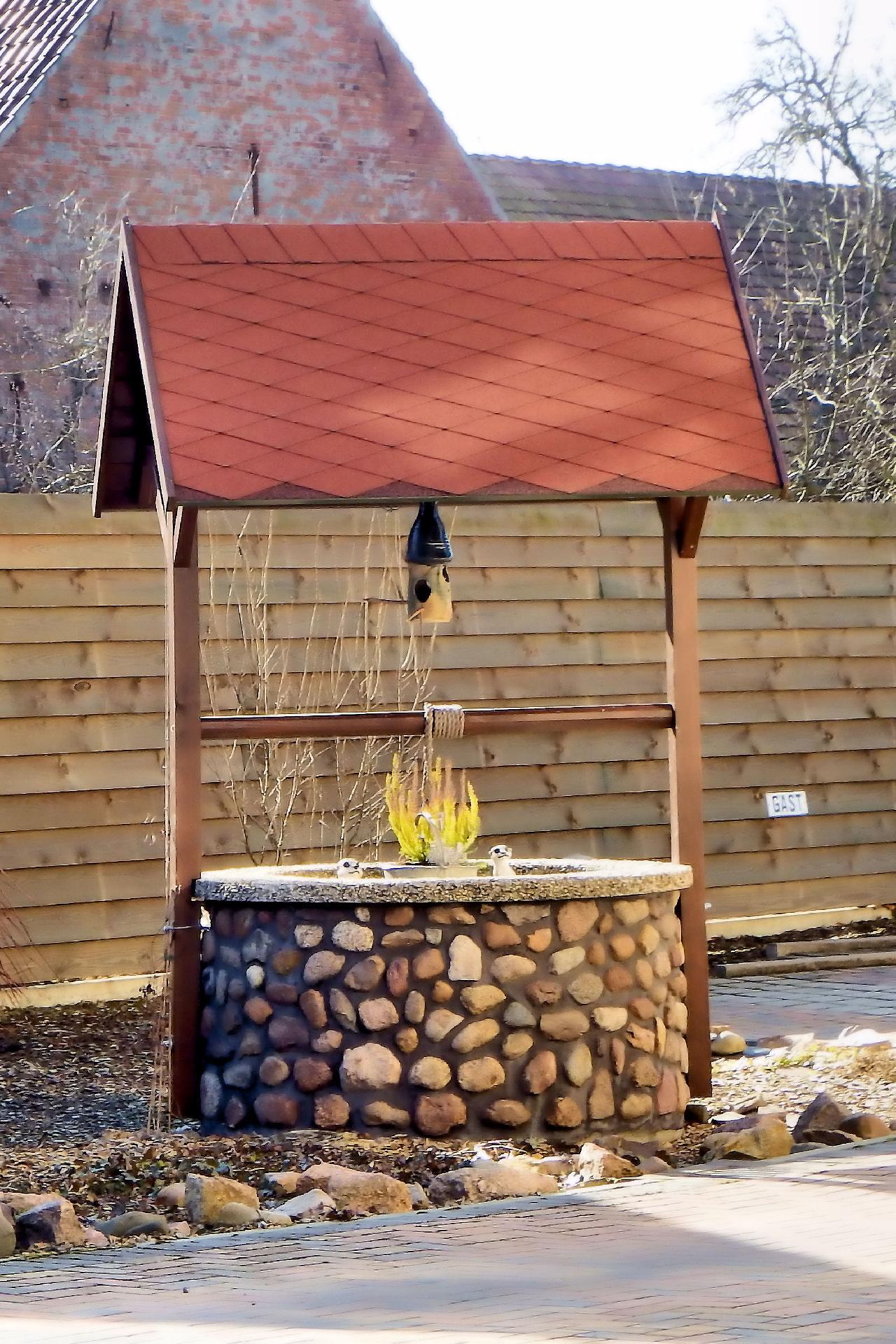Organic gardening is becoming an increasingly popular option as more people become aware of how important the food you consume is to overall health. The simple fact is that organic farmer prevents the use of harmful chemicals, protecting your health and the environment.
The food news is that it is easier than you think to start organic gardening. You simply need a little space and some determination. The reward is homegrown fruits and vegetables that you know exactly what has gone into making them.
- Location
To successfully try organic gardening you need to choose the right location. Pick a spot in your garden that gets at least 6-8 hours of sunlight per day. You’ll find the majority of the crops you grow will want at least this amount of direct sun daily.
If that seems impossible then switch focus and try starting with leafy greens, they can flourish on just 3 hours of sun a day.
- The Right Soil
Plants need air, water, and nutrients to survive. That means, you need to give them nutrient rich soil. The best way to do this s to make sure the soil drains well and to start your own compost pile. This will give you great nutrition to mi with your soil.
- Planting schedule
Different plants need planting at different times, dependent on what temperatures they can accommodate. Decide what you would like to grow and then check the best planting times.
In addition, you may want to invest in rock augers, these will make it significantly easier to create the holes for plants. They can even be used for posts when separating areas or creating raised beds.
Surprisingly, augers are one of the most useful tools in the garden and something that every gardening needs. Of course, you’ll want the standard tools, including spade, fork, and trowel.
But, to be successful you can’t go wrong adding an auger to your tool collection.
- Watering Schedule
Too much water will kill a plant faster than too little! If you have soil that drains well it will be harder to overwater them. The general rule when watering any plant is to add water when the top inch of soil is dry. You can flex on this according to what suits your plants best. But, you should always water the soil. Pouring water on the leaves risks damaging them and increases the likelihood of disease occurring.
- Feed Them
You may not be adding artificial chemicals to boost their food intake or keep pests away. However, that doesn’t mean you shouldn’t be feeding your plants. Simply use an organic nutrient and make sure you follow any instructions on the packet.
This will help to ensure they get the food they need and no more. Excess nutrients in the soil will attract weeds and other plants, that is not something you want to be dealing with.
Organic gardening can be fun. Most importantly, it is very rewarding, especially when you pick your first crop!
Discover more from Futurist Architecture
Subscribe to get the latest posts sent to your email.



